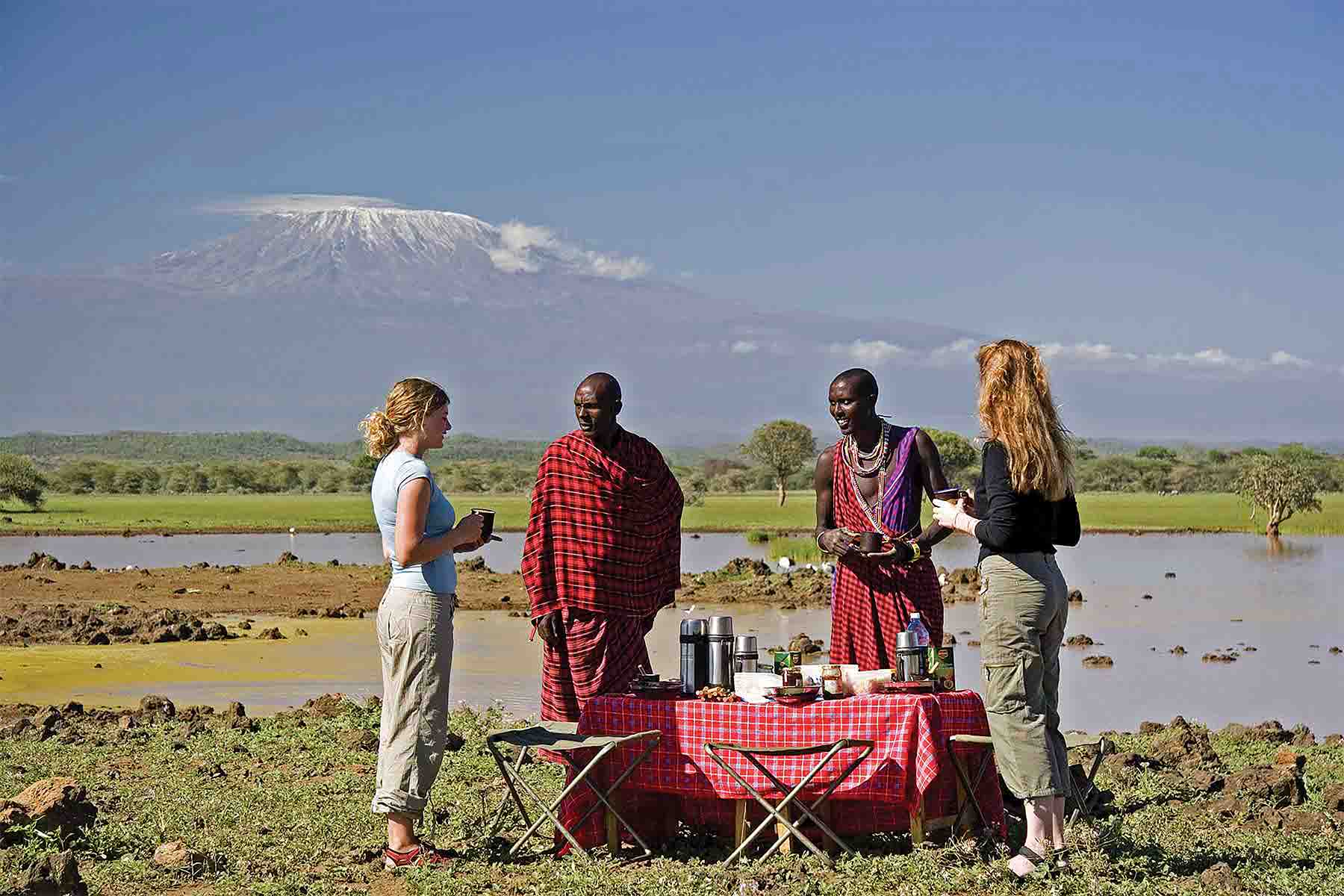Ethical tourism in Uganda
Our mission at Abunda Discoveries Uganda is to promote moral and responsible travel that helps local communities and the environment. On all Ethical Responsible excursions and safaris in Uganda, our impact plan shows that conservation is possible when low-impact, environmentally friendly, and sustainable tourism is prioritized. This is done while also giving fair revenue and long-term benefits to Ugandan communities. Ethical tourism in Uganda
Our Fundamental Ideas for Morally Sound and Conscientious Travel
Fair Trade: An Intriguing Adventure
To provide genuine fair trade experiences throughout Uganda and East Africa, we are pleased to work with social entrepreneurs, non-governmental organizations, women’s cooperatives, local communities, and talented craftspeople. By honoring Uganda’s rich cultural legacy, we make sure that craftspeople are fairly compensated for their superb work. By doing this, we strengthen communities and provide authentic connections and heartfelt mementos to enhance your trip.
Conscientious Travel
With the help of Abunda Discoveries Uganda, discover the genuine essence of responsible travel. Cultural education, community involvement, and genuine experiences that immerse you in local customs and village life are the main focuses of our immersion programs. Through the creation of opportunities that empower people across Uganda and East Africa, we design off-the-beaten-path travel experiences that promote sustainable tourism.
Impact on the Community and Local Development
“Traveling with a purpose” is the core of our philosophy. Through community projects, we provide significant charitable opportunities in close partnership with local communities and organizations. Whether you come in person or lend a hand virtually, your participation changes lives and leaves a lasting positive impression on the people we are honored to work with every day.
Finding a Balance: Eco-Friendly Travel That Helps Everyone
Our plan for sustainable impact centers on:
Environmental Care
Reducing our carbon footprint and the negative effects that tours have on Uganda’s forests, lakes, rivers, landscapes, and people.
Protecting all wildlife
Safe guarding Uganda’s forests and streams, including mammals, insects, and reptiles.
Cultural Preservation
Encouraging locally based tourism that respects Ugandan customs, encourages regional commerce, and gives craftspeople a stage on which to display their work.
Supplier Relations and Ethical Employment
Abunda Discoveries Uganda is dedicated to treating every employee fairly, with respect, and giving them equal opportunities. Through continuous training and assistance, we encourage professional growth and work to enable our team to realize their greatest potential.
Furthermore, we maintain professional standards of honesty and integrity in all of our business dealings with our suppliers by interacting with them in a courteous and transparent manner.
Experience a Responsible and Ethical Safari in Uganda with Abunda Discoveries Uganda.
You can promote eco-friendly travel that respects people, wildlife, and the environment by selecting Abunda Discoveries Uganda. Together, we design travel experiences that have a real impact on both you and the places you visit.
Environmental Issues in Uganda and the Effects of Tourism
Climate change, water pollution, land degradation, and deforestation are just a few of the environmental issues Uganda is dealing with. These issues are interrelated, and unsustainable tourism activities may make them worse.
Deforestation causes habitat loss, soil erosion, and a decline in biodiversity because it is fueled by the desire for fuelwood, timber, and agricultural land. Deforestation and unsustainable farming methods frequently result in land degradation, which lowers soil fertility and can induce desertification. Aquatic ecosystems and human health are at risk due to water pollution caused by industrial waste, agricultural runoff, and poor sanitation. Climate change exacerbates these issues by increasing the frequency and severity of extreme weather events, including unexpected rainfall, flooding, and prolonged dry seasons.
There are various ways that tourism might exacerbate these environmental issues:
Increased demand for infrastructure
Deforestation and habitat fragmentation may result from the building of roads, hotels, and other tourist amenities.
Waste generation
If not adequately managed, the substantial amount of waste produced by tourism can contaminate water supplies and cause land degradation.
Consumption of resources
Particularly in places with inadequate infrastructure, tourism may place a burden on regional resources like electricity and water.
Carbon emissions
One of the main causes of the greenhouse gas emissions that fuel climate change is transportation, especially air travel.
Initiatives and Local Communities Gaining from Conscientious Travel
In Uganda, local populations can greatly benefit from responsible tourism. Tourists may help towns’ economic and social well-being by patronizing local companies, participating in cultural events, and honoring local traditions. Here are a few instances of how local communities gain from responsible tourism:
Employment creation
Tourism generates jobs in a number of industries, including crafts, hotels, and guiding. For locals, this offers income and financial security, especially in rural areas where employment prospects may be few.
Economic empowerment
Local communities can enhance their standard of living and make investments in infrastructure, healthcare, and education thanks to the money generated by tourism.
Cultural preservation
Ugandan customs and culture are celebrated and preserved thanks to tourism. Communities can make money and preserve their customs by presenting their cultural assets to tourists.
Conservation
By supplying funds and increasing public awareness of the value of preserving natural resources, tourism aids in conservation initiatives. The environment and wildlife of Uganda may benefit from this in the long run.
Community development
Projects aimed at enhancing infrastructure and fostering community growth can benefit from tourism. This can involve making investments in clean water systems, schools, roads, and medical facilities, all of which benefit both locals and visitors.




